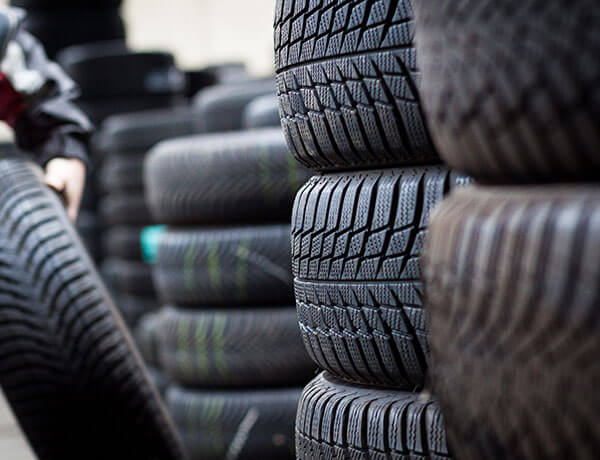
A growing body of scientific research linking tyre wear to micro plastic pollution, as well as increasing scrutiny from lawmakers in the European Union (EU), has led the $180 billion-a-year tyre industry to fight back.
The companies have stepped up lobbying with EU lawmakers weighing tougher regulations on tyre wear, according to lawmakers and LobbyFacts.eu, a website that tracks EU lobbying data. They are also quickly countering scientific studies on tyres and micro plastic pollution with ones of their own that say tyre particles present no significant risk to humans and the environment.